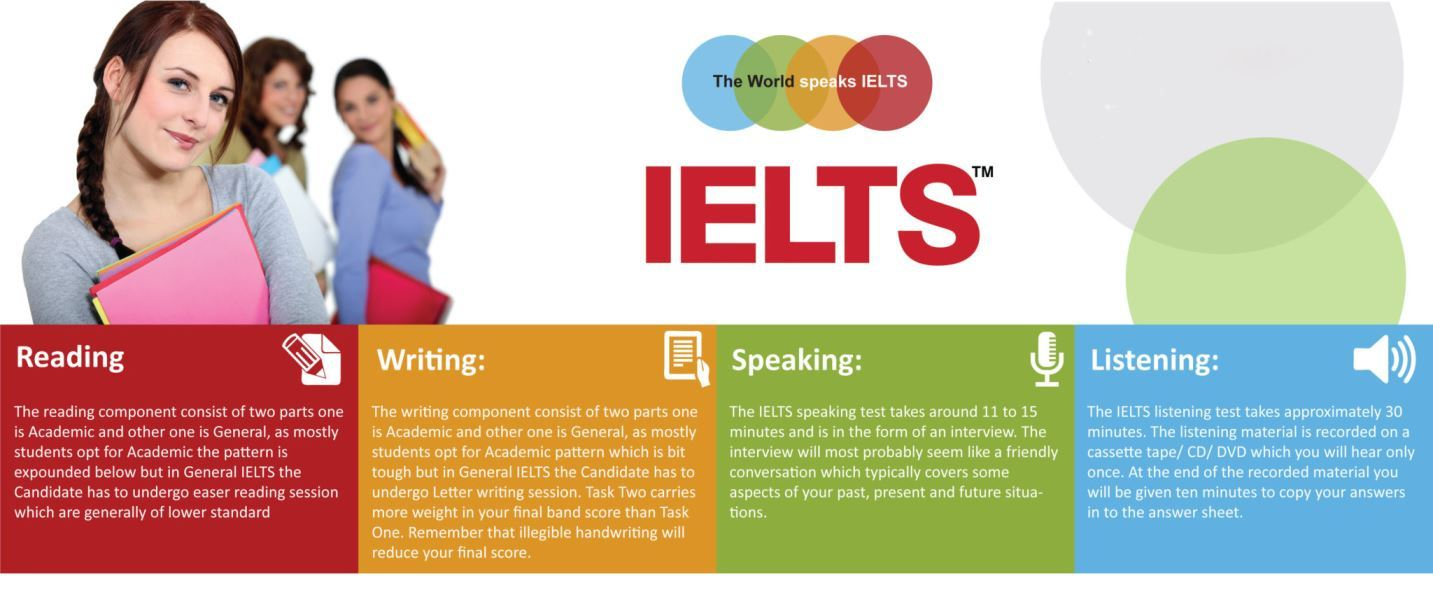Occupational English Test (OET) Training Summary
Occupational English Test (OET) Training Summary
The Occupational English Test is used in the uk , Australia , New Zealand , Ireland and Singapore among others to assess the medical English skills of wide range of international healthcare professionals, including doctors , nurses and AHPs. The OET is regulated by Cambridge English Language Assessment and Box Hill Institute. Additionally, it is recognised by regulatory healthcare bodies both in the UK and abroad. It is recognised as proof of English proficiency for visas, study abroad, education and employment in healthcare. OET has been developed specifically for 12 healthcare professionals: Medicine, Dentistry, Nursing, Dietetics, Optometry, Pharmacy, Physiotherapy, Occupational therapy, Podiatry, Radiography, speech pathology and Veterinary science .
OET Recognition
The OET is recognized by over 20 regulatory healthcare bodies and councils in the UK , Australia , New Zealand , Ireland , Singapore Dubai and Namibia . These include the uk Nursing and Midwifery Council { NMC }, The Australian Health Practitioner Regulation Agency { AHPRA }, The Nursing and Midwifery council in New Zealand and the Singapore Medical council. OET is also recognized by the Australian Department of Immigration and Border protection and many Australian universities and healthcare education bodies.
OET Training Objectives
Our OET preparation classes equip you with the skills, techniques and understanding to feel confident in taking the OET. The classes are taught by experienced teachers who have a comprehensive medical background. Our teachers have been trained to deliver lessons that will enable our students to achieve the scores needed. Most importantly, this course focusses on the development of the necessary skills, functions and language required to succeed in the OET.
The course aims to:
• Develop the techniques and strategies required to complete the exam
• Strengthen, both, listening and reading skills to prepare candidates to read both short and long health-related texts. In addition to being able to understand consultations, talks and lectures on health-related topics
• Focus on the vocabulary needed to write a letter specific to the profession (referral, discharge and so on). As well as, to perform in a role play based on a typical workplace situation that is specific to the chosen profession
• Prepare candidates for the structure and demands of the OET through regular practice tests
• Evaluate progress and identify specific areas of improvement to achieve the best score possible
Syllabus
Our teachers follow a set syllabus and use material approved by Cambridge English Language Assessment. This material is specifically designed to prepare students for the Occupational English Test.
We include materials such as recordings and reading texts, as well as speaking cards and listening transcripts for sample tests.
As the OET assesses all four skills, students will practise listening, reading, writing and speaking on a weekly basis. Moreover, the students will learn the vocabulary and grammar structures required to communicate clearly in the writing and speaking parts of the exam.
OET Test Format
There are 4 skills – based papers : Listening , Reading , Writing , Speaking .
The Listening and Reading papers are designed to assess a candidates ability to understand spoken and written English , based on Health related topics and tasks common to all professions .
There are 3 parts in both Listening and Reading .
Part A in Listening and Reading assessed by OET assessors, part B and C are computer scanned and automatically scored .
The Writing and Speaking papers are specific to the 12 healthcare professions – designed to reflect common tasks performed in the workplace
OET Score
A: Very High Level of Performance
B: High Level of Performance, able to use English adequately for professional needs
C: Good Level of Performance, but not acceptable to a range of health and medical councils
D: Moderate Level of Perfomance, requires improvement
E: Low Level of Performance, requires considerable improvement
International candidates need to score a minimum of B in all 4 papers in order to achieve the standard required by those regulatory bodies that recognise the OET’s validity.
OET has been developed specifically for 12 healthcare professionals: Medicine, Dentistry, Nursing, Dietetics, Optometry, Pharmacy, Physiotherapy, Occupational therapy, Podiatry, Radiography, speech pathology and Veterinary science .
Read More articles related to Occupational English Test (OET) Training Summary

IELTS Preparation Course Summary
IELTS Preparation Course Summary ELseVisa IELTS training has helped over 2,500 students in Dubai score higher in the IELTS test and not only gain a..